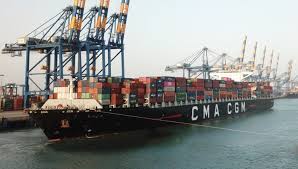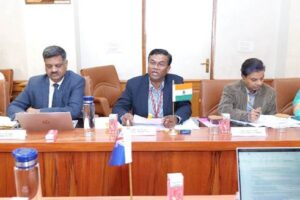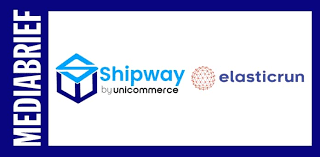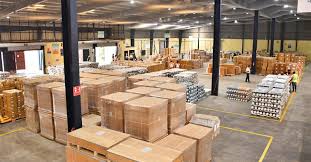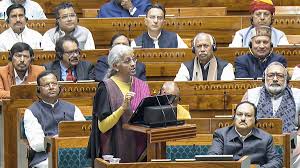The Unified Logistics Interface Platform (ULIP) simplifies logistics access with API integration, boosting efficiency nationwide.
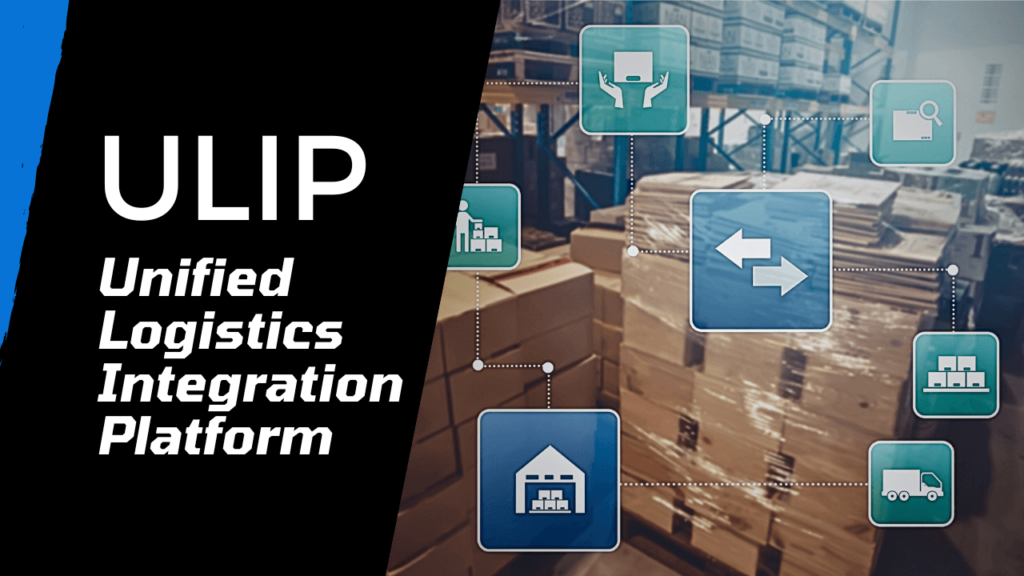
In a major step to enhance logistics efficiency, the Government of India has implemented various measures under the National Logistics Policy 2022. Key initiatives include digital integration, policy standardisation, and infrastructure upgrades to address challenges in the sector.
Highlights of the measures include:
- The Sectoral Plan for Efficient Logistics (SPEL) in the coal sector was notified.
- 26 States and Union Territories have adopted their respective logistics policies, accessible via the DPIIT portal.
- The Inter-Ministerial Service Improvement Group (SIG) was constituted in March 2023, incorporating logistics business associations to resolve sectoral issues efficiently.
- The fifth edition of the Logistics Ease Across Different States (LEADS) 2023 was launched on December 16, 2023.
- An E-Handbook on Warehousing Standards was released in 2022 to enhance operational consistency.
The Ministry of Railways’ projects like Dedicated Freight Corridors, GatiShakti Cargo Terminals, and freight digitisation, along with multimodal logistics parks developed by the Ministry of Road Transport and Highways and air cargo facility improvements by the Airport Authority of India, contribute to reducing logistics costs and improving transit times. Digital initiatives such as the Unified Logistics Interface Platform (ULIP) and the Logistics Data Bank (LDB) further support supply chain digitisation.
ULIP, launched in 2021, provides access to over 1,800 datasets from 39 systems across 11 ministries, enabling API-based data integration for logistics stakeholders. The Logistics Data Bank, utilising RFID technology, ensures real-time tracking of 100% containerised EXIM cargo.
India’s ranking in the World Bank’s Logistics Performance Index improved significantly from 54th in 2014 to 38th in 2023, driven by investments in infrastructure and supply chain digitisation.
Further, initiatives like the Freight Greenhouse Gas Calculator and Indian Railways’ Rail Green Points promote sustainability. A specialised logistics curriculum was introduced in collaboration with Gati Shakti Vishwavidyalaya, while the Centre of Excellence for City Logistics at SPA Bhopal and qualification packs for skill development address talent and innovation needs.
Union Minister of State for Commerce and Industry, Jitin Prasada, shared these developments in a written reply to the Lok Sabha, underscoring the government’s commitment to making India a global logistics hub.

